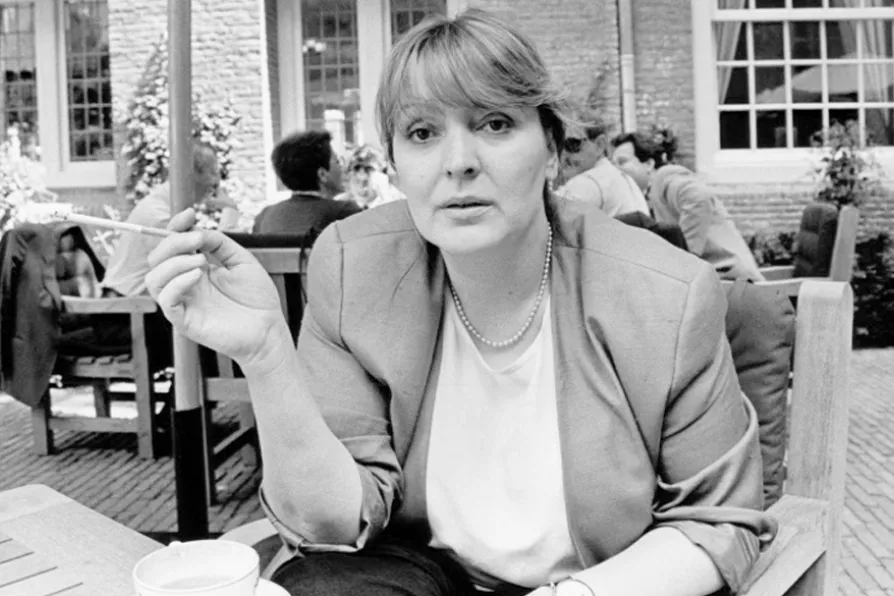RITA DI SANTO draws attention to a new film that features Ken Loach and Jeremy Corbyn, and their personal experience of media misrepresentation

 FEARLESS: Dubravka Ugresic, Netherlands 1992
[Steye Raviez]
FEARLESS: Dubravka Ugresic, Netherlands 1992
[Steye Raviez]
ATTENTION deficit often follows the passing of the foremost women writers.
In the case of Dubravka Ugresic, who died last month, under-appreciation of her brilliance was a constant through much of her life. Published in over 20 languages, Ugresic’s repertoire of novels, essays, short stories, and counter-cultural forms deserve to make her a household name. She is also a historical figure, a key observer of the Eastern and central European fragmentation still unfolding.
Born in Yugoslavia in 1949, Ugresic experienced a childhood limited in Western-style stimulations – children, for instance, made their own ragdolls in the former Yugoslavia as the factories focused on more important production. Through this lack, Ugresic formed a taste for literature under the supervision of her local librarian, who saw no reason a child should not enter imaginary domains such as Kafka’s Metamorphosis.

On the centenary of the birth of the anti-colonial thinker and activist Frantz Fanon, JENNY FARRELL assesses his enduring influence

FIONA O'CONNOR recommends a biography that is a beautiful achievement and could stand as a manifesto for the power of subtlety in art

FIONA O’CONNOR steps warily through a novel that skewers many of the exposed flanks of the over-privileged











